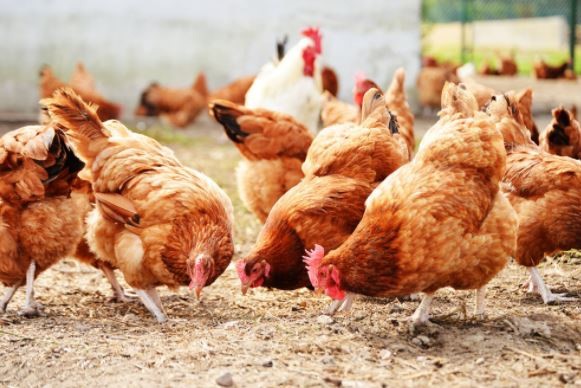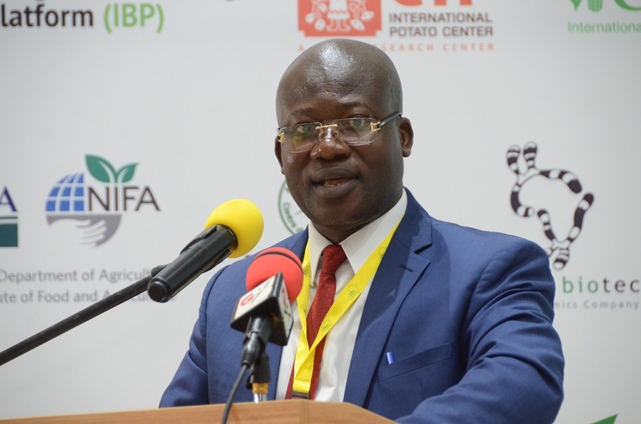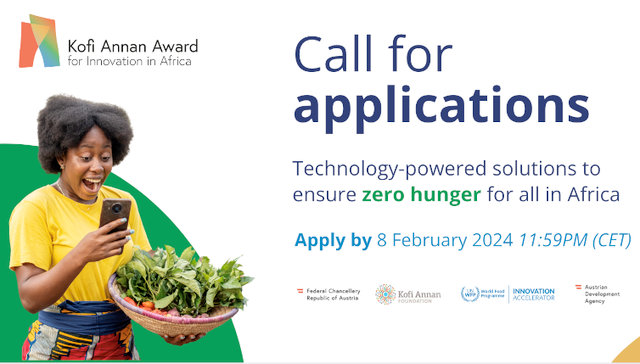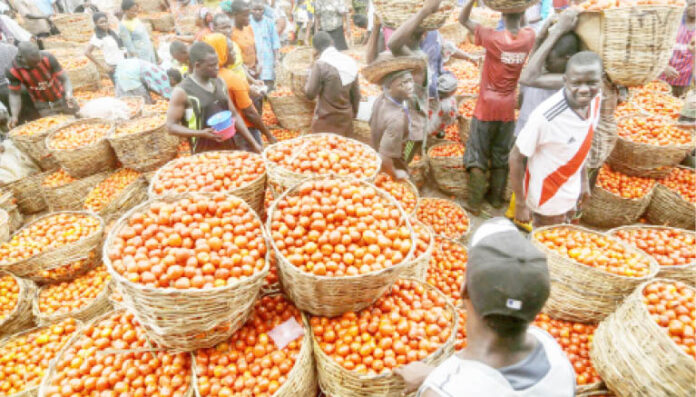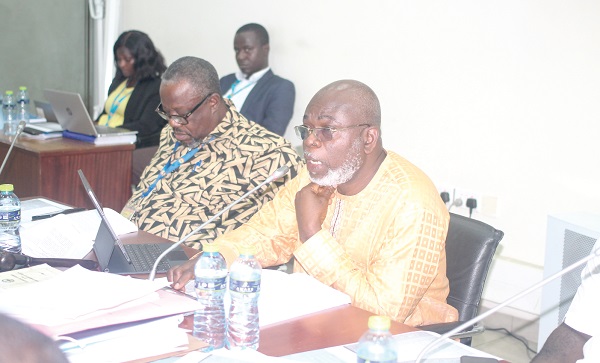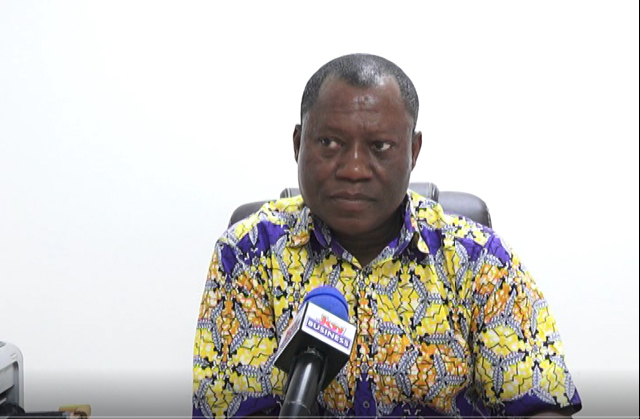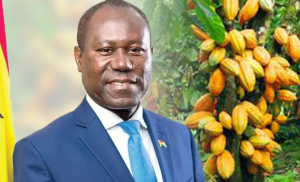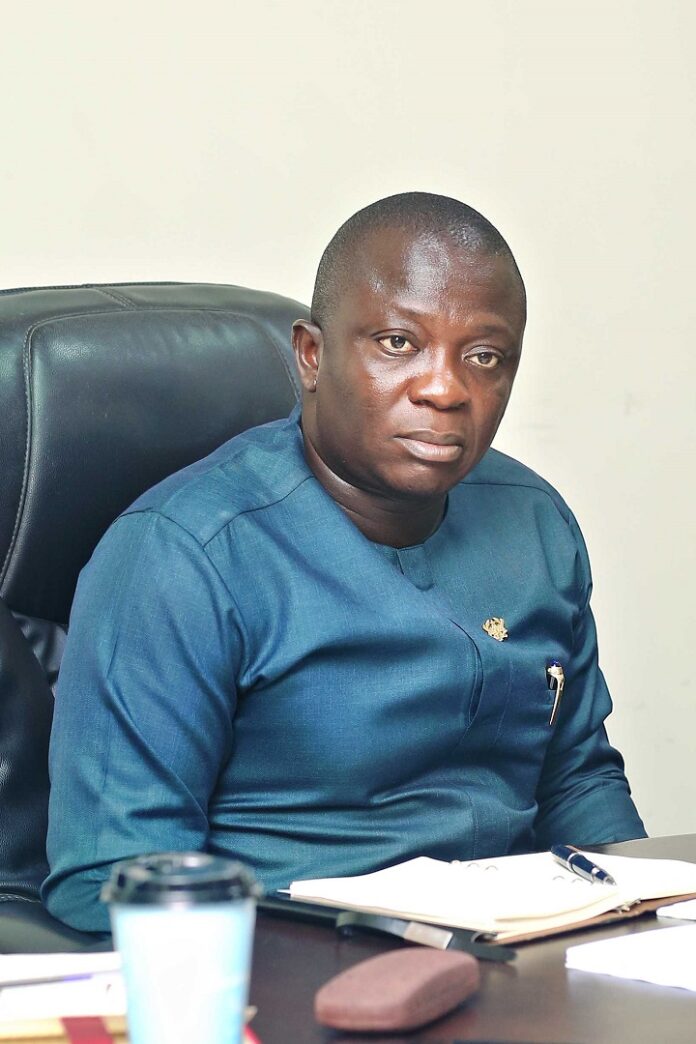The Ghana National Association of Poultry Farmers (GNAPF) has attributed low levels of domestic poultry production to inadequate investment in the value chain by both government and private sector players.
GNAPF expressed concern about the situation, noting that there has been little investment in in-country facilities in the poultry value chain from hatcheries, feed mills, processors and cold chain facilities.
Ghana’s poultry demand, according to the United States Department of Agriculture (USDA), exceeds 460,000 metric tonnes per annum.
Data from the association indicates that local hatcheries only produce some five percent of the entire national demand, with 95 percent coming from imports.
“With national demand still skyrocketing, feed mills are also producing at only 12 percent capacity,” GNAPF president, Mr. Victor Oppong Adjei, said.
He said there exists only one commercial poultry abattoir in the country, slaughtering 9000 birds per day, but renewed investment in the sector could trigger establishment of several others.
Despite these capacity challenges, Mr. Oppong maintains that there exist opportunities for investors. For instance, while lamenting that broiler production is currently at lowly 15 percent of domestic demand, he indicated that it also presents an opportunity for investors.
Over the years, the GNAPF said more attention has been given to layer production as it is seen as more lucrative by farmers due to high demand for eggs.
Although the government introduced the Rearing for Food and Jobs programme in 2017 to promote local livestock production, particularly poultry, the initiative has seen little results.
This initiative was to increase broiler production and stop reliance on poultry importation. The programme looks to help support investors in the poultry value chain to produce over 162 million broilers and over 350 million guinea fowls within a space of five years to stem imports.
However, serious bottlenecks exist in the realisation of this dream. Among the key problems include high cost of feed – maize and soya beans- and utilities. Poultry sector stakeholders have consistently maintained that local production is suffering because of cheaper imports.
Notwithstanding these challenges, GNAPF reiterated that great investment prospects exist in the value chain, including setting up of large-scale farms; slaughtering and meat processing facilities, haulage and cold storage facilities; and establishment of new hatcheries, feed mills and breeder farms.

